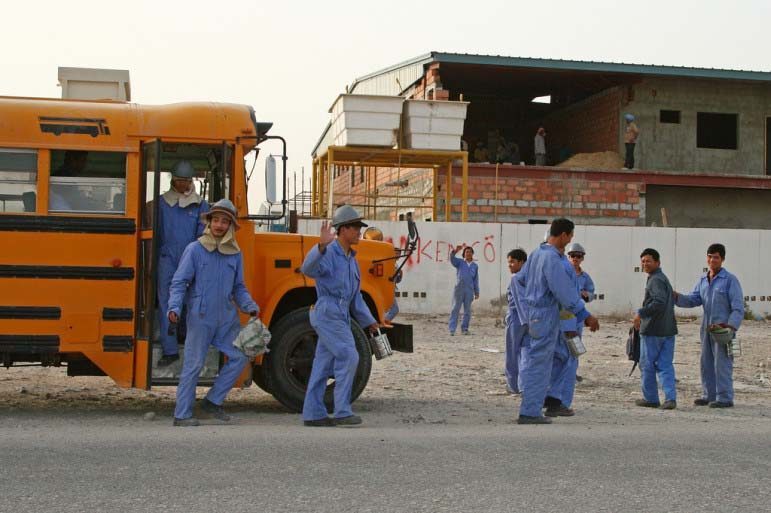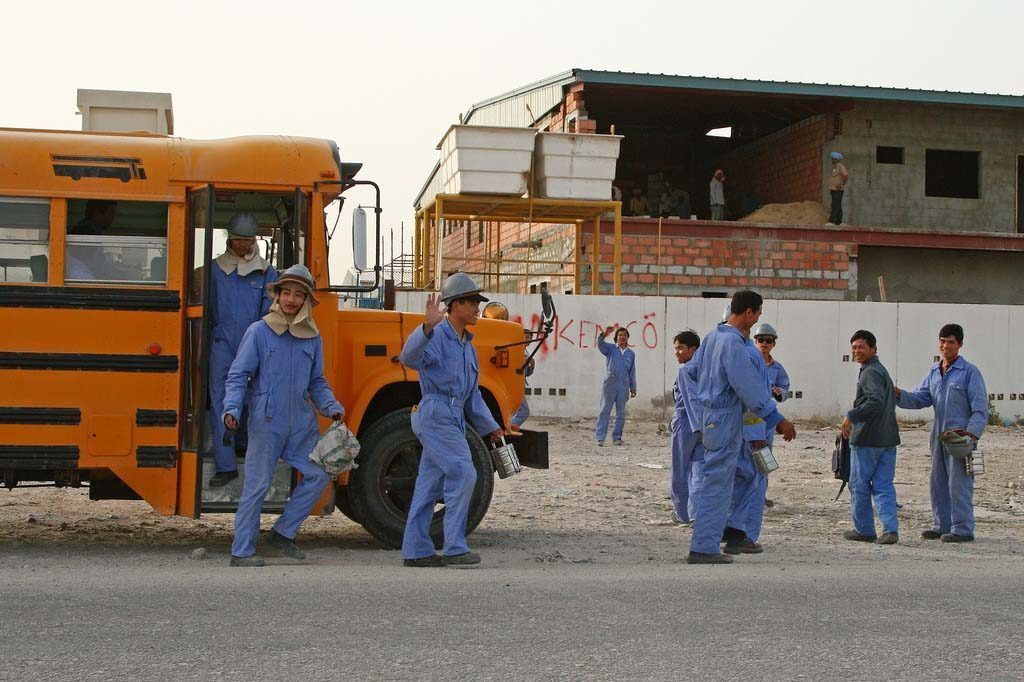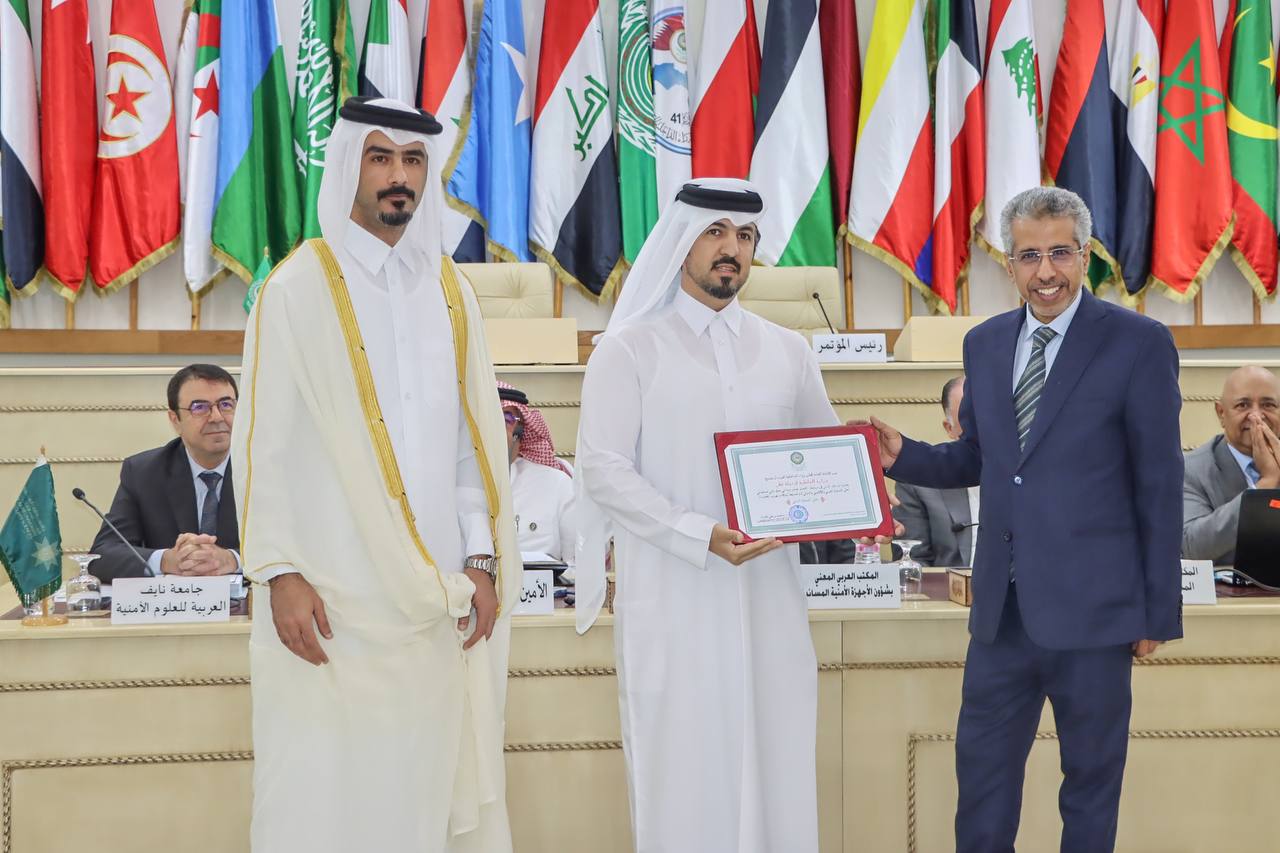
Buses transporting construction workers as they travel to and from their work sites this summer should become slightly more comfortable next month after authorities mandate new rules for larger passenger vehicles.
Starting July 1, all buses and vans must have air conditioning in order to pass the mechanical inspection required to renew a vehicle’s registration, the Ministry of Interior said this morning on Facebook.

The new rules apply to all vehicles carrying 11 or more passengers.
Other new requirements for buses and vans include having tinted or insulated windows, reflective stickers on the back bumper and – in the case of large buses carrying 50 or more people – blinking lights at the rear of the roof.
Another new safety measure mandates that the bottom of a vehicle cannot be more than 55cm above the ground unless a protective safety bar is installed.
These so-called under-run protection devices are designed to prevent pedestrians and cyclists from falling underneath a large vehicle and being crushed by its wheels, and have been previously been highlighted in Qatar’s National Road Safety Strategy as an important safety feature lacking on older trucks and buses.
The new measures will largely benefit Qatar’s low-income workers, who typically cannot afford to own their own vehicles and are transported from their accommodation to their jobs on buses supplied by their employers.
It’s common to see buses filled with men in blue construction coveralls trying to catch a breeze through an open window even on Qatar’s hottest days, suggesting that many of the buses lack air conditioning.
Changing standards
The new vehicle requirements come as Qatar is making incremental changes to improve the living and working conditions of the country’s blue-collar workforce.
Reforms proposed more than a year ago to Qatar’s controversial kafala sponsorship system – which many human rights activists argue enables unscrupulous employers to abuse expats – are still being studied by politicians. But some smaller improvements have been introduced.

These include the rollout of multilingual electronic kiosks that allow expats to lodge complaints with labor ministry officials and forcing employers to pay workers electronically to enable better tracking of late or non-payment of wages, although this requirement has yet to take effect.
The number of labor inspectors has also been increased from 150 in late 2013 to roughly 300, although human rights activists say that’s still an inadequate amount of people to properly monitor Qatar’s massive construction industry.
Government officials have also been keen to showcase new, model labor camps, some of which were recently shown to a group of foreign journalists.
Growing workforce

But the continuous influx of blue-collar expats to Qatar to work on countless construction projects ahead of the 2022 World Cup has been a severe strain on the availability of labor camps.
Similarly, questions remain over whether companies would be able to comply with the Ministry of Interior’s new rules for buses.
Several mechanics who spoke to Doha News this morning noted that replacing or retrofitting Qatar’s entire fleet of older buses that currently lack air conditioning would be a massive undertaking.

While all of Qatar’s residents typically welcome a cooler air conditioned environment after being outside, Nepal’s labor minister actually argued that it contributes to deaths in Qatar’s construction industry.
Tek Bahadur Gurung said the high number of heart attacks in otherwise healthy young Nepali men was a problem of “orientation” and that some men died after suddenly turning on the air conditioning in their accommodation, according to Channel 4 News.
While health experts say that suddenly going from a hot environment to a cold building can aggravate some medical conditions, the US Department of Labor recommends that those working in hot conditions take frequent breaks in air conditioned or shaded areas.
Thoughts?
Correction: A previous version of this story contained erroneous information about the fleet of a vehicle leasing company.







